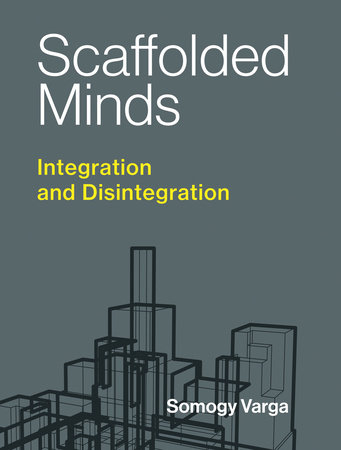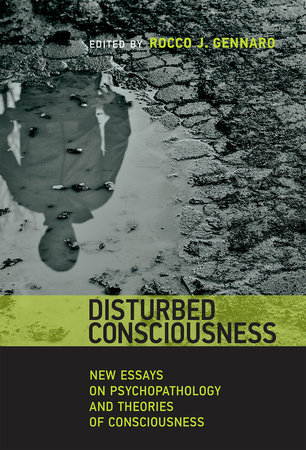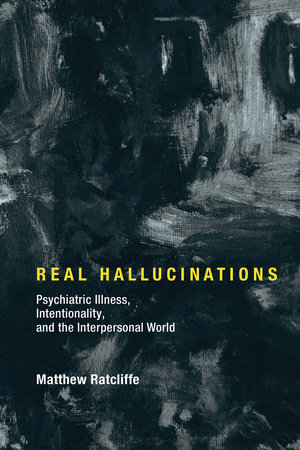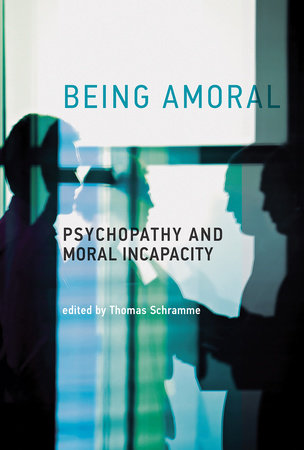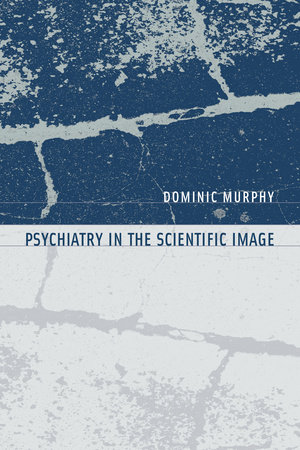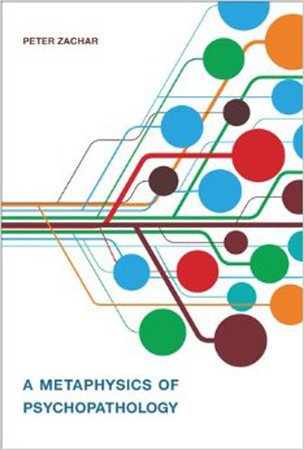
A Metaphysics of Psychopathology
Peter Zachar
Ebook
March 28, 2014 | ISBN 9780262322287
AmazonApple BooksBarnes & NobleBooks A MillionGoogle Play StoreKobo
About the Book
In psychiatry, few question the legitimacy of asking whether a given psychiatric disorder is real; similarly, in psychology, scholars debate the reality of such theoretical entities as general intelligence, superegos, and personality traits. And yet in both disciplines, little thought is given to what is meant by the rather abstract philosophical concept of “real.” Indeed, certain psychiatric disorders have passed from real to imaginary (as in the case of multiple personality disorder) and from imaginary to real (as in the case of post-traumatic stress disorder). In this book, Peter Zachar considers such terms as “real” and “reality”—invoked in psychiatry but often obscure and remote from their instances—as abstract philosophical concepts. He then examines the implications of his approach for psychiatric classification and psychopathology.
Proposing what he calls a scientifically inspired pragmatism, Zachar considers such topics as the essentialist bias, diagnostic literalism, and the concepts of natural kind and social construct. Turning explicitly to psychiatric topics, he proposes a new model for the domain of psychiatric disorders, the imperfect community model, which avoids both relativism and essentialism. He uses this model to understand such recent controversies as the attempt to eliminate narcissistic personality disorder from the DSM-5. Returning to such concepts as real, true, and objective, Zachar argues that not only should we use these metaphysical concepts to think philosophically about other concepts, we should think philosophically about them.


